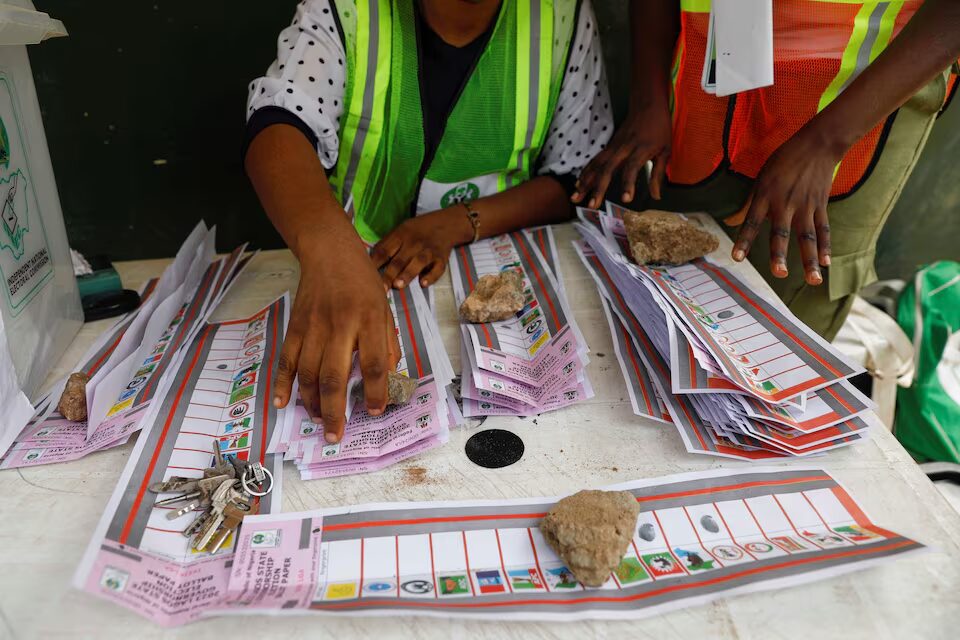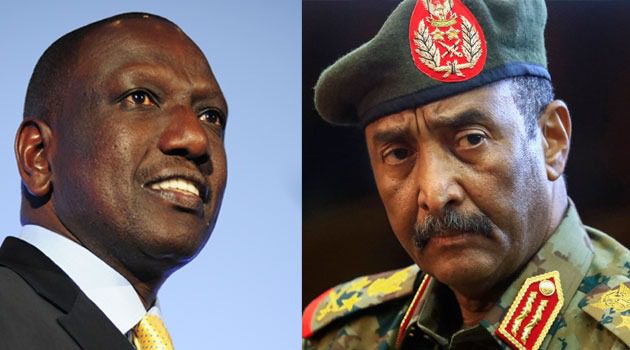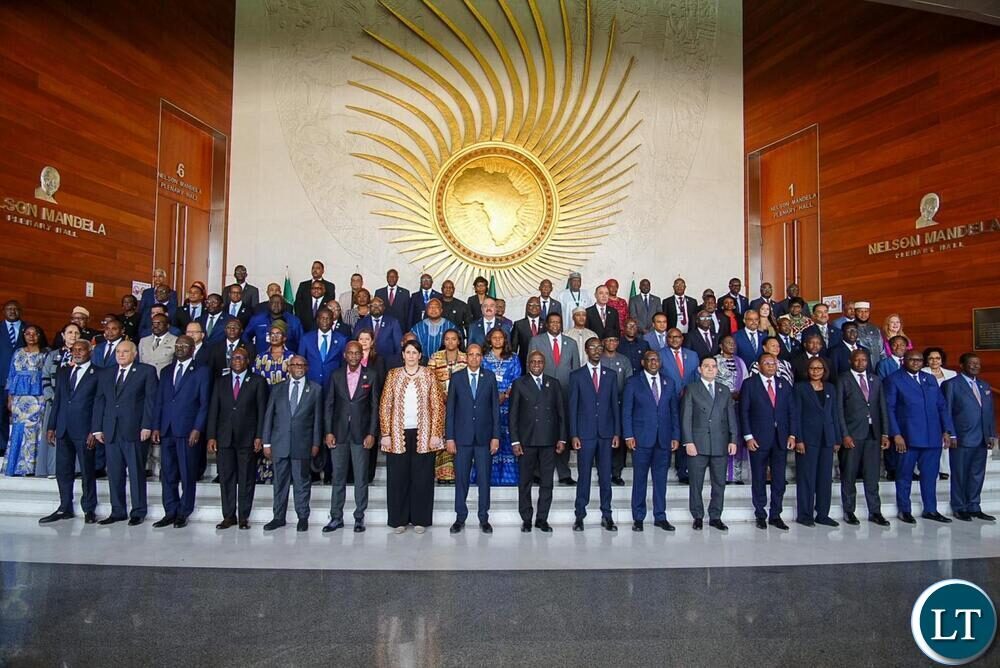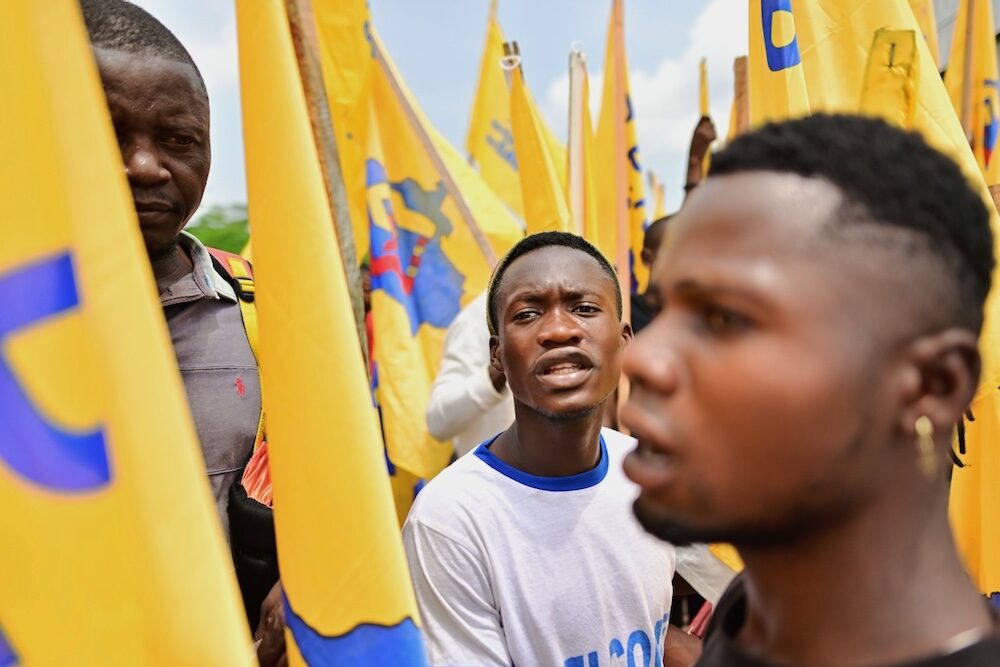
Tuesday 15th April 2025

By inAfrika Reporter
Kenya has taken a firm stance on the Sudan conflict, rejecting external military intervention and positioning itself as a neutral mediator. As the civil war in Sudan drags into its second year, President William Ruto has reiterated that an African-led solution remains the only viable path to peace. During a recent high-level meeting in London, Kenyan officials proposed hosting renewed peace talks between the Sudanese warring factions, highlighting the country’s readiness to support dialogue rather than force.
Nairobi’s position has not gone unchallenged. Sudan’s military government has accused Kenya, along with the UAE and Chad, of favoring the Rapid Support Forces, a charge Kenyan officials deny. Despite these tensions, Kenya remains a central figure in regional diplomacy through its role in the Intergovernmental Authority on Development (IGAD). President Ruto has dispatched former Prime Minister Raila Odinga to mediate the crisis, though efforts have faced obstacles, including restricted access to key opposition leaders.
Kenya’s approach blends pragmatism with principle. On one hand, it has opened its borders to thousands of Sudanese refugees and extended humanitarian support. On the other, it maintains a clear opposition to any regional military deployment, warning that such actions could escalate the conflict rather than resolve it. This position is aligned with the African Union’s long-standing philosophy of “African solutions to African problems,” which favors homegrown peace efforts over foreign intervention.
Observers see Kenya’s involvement as a test of both its diplomatic maturity and its ability to navigate regional power dynamics. A successful mediation would not only enhance Kenya’s regional stature but also strengthen the case for African-led conflict resolution mechanisms. However, failure to halt the violence through peaceful means could lead to increased pressure for broader international involvement, including possible UN-backed peacekeeping forces.
Beyond diplomacy, Kenya’s leadership role in Sudan also serves domestic interests. As East Africa’s largest economy, it has a stake in regional stability. A prolonged civil war in Sudan risks disrupting cross-border trade and fueling additional refugee flows into Kenya. By promoting peace, Kenya is also protecting its own economic and security interests.
Ultimately, Kenya’s calculated response to the Sudan crisis demonstrates a commitment to diplomatic engagement over militarization. While challenges remain, Nairobi’s role could prove pivotal in shaping not only Sudan’s future but also the credibility of African-led peace initiatives on the continent.


